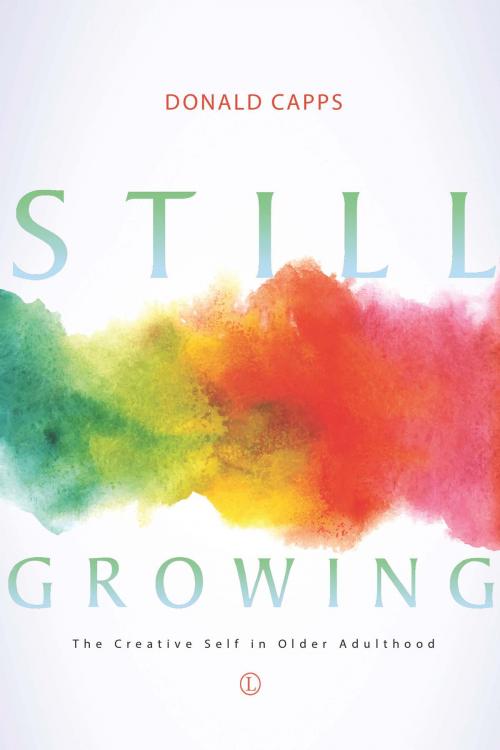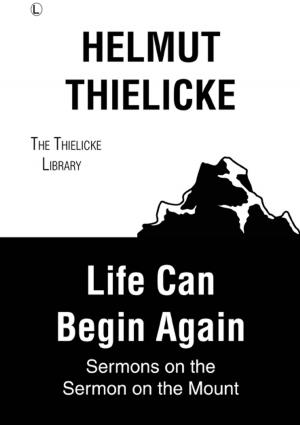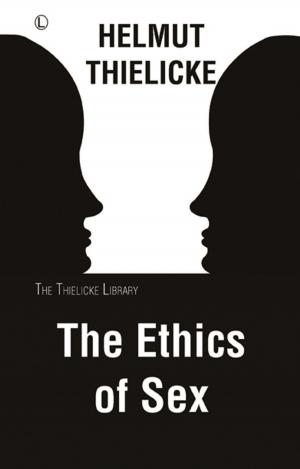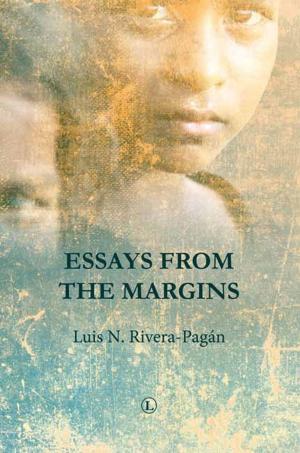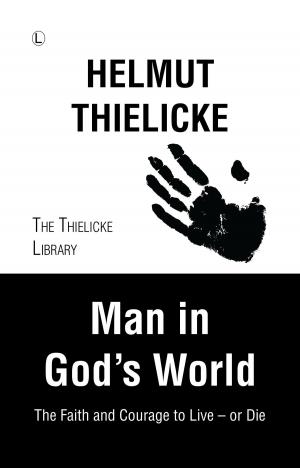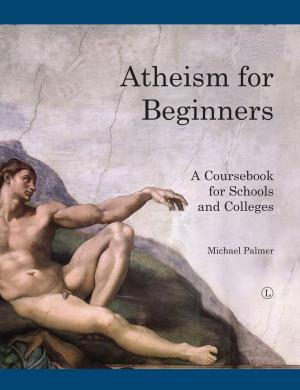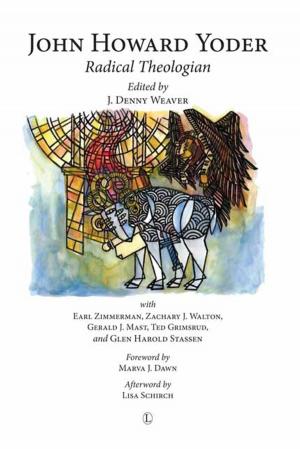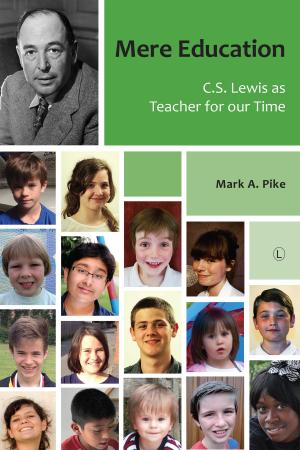Still Growing
The Creative Self in Older Adulthood
Nonfiction, Health & Well Being, Psychology, Developmental Psychology, Child & Adolescent, Child Development| Author: | Donald Capps | ISBN: | 9780718843717 |
| Publisher: | The Lutterworth Press | Publication: | March 13, 2015 |
| Imprint: | The Lutterworth Press | Language: | English |
| Author: | Donald Capps |
| ISBN: | 9780718843717 |
| Publisher: | The Lutterworth Press |
| Publication: | March 13, 2015 |
| Imprint: | The Lutterworth Press |
| Language: | English |
The later-adult years are commonly viewed as a period in which one struggles to maintain a vestige of the physical, mental, and emotional vitality of one’s earlier years. In 'Still Growing', however, Donald Capps shows that older adulthood is actually a period of growth and development, and that a central feature of this growth and development is the remarkable creativity of older adults. This creativity is the consequence of the wisdom gained through years of experience but is also due to a newly developed capacity to adapt to unprecedented challenges integral to the aging process.
In Part 1, Capps illustrates the challenges of transitioning to older adulthood from the author's own experiences, while in Part 2 he draws on material from Erik H. Erikson, Sigmund Freud, and Paul W. Pruyser to account for longevity, adaptability, and creativity in older adults. Finally, in part 3 he focusses on the work of both William James and Walt Disney to fashion a model of creative aging.
The later-adult years are commonly viewed as a period in which one struggles to maintain a vestige of the physical, mental, and emotional vitality of one’s earlier years. In 'Still Growing', however, Donald Capps shows that older adulthood is actually a period of growth and development, and that a central feature of this growth and development is the remarkable creativity of older adults. This creativity is the consequence of the wisdom gained through years of experience but is also due to a newly developed capacity to adapt to unprecedented challenges integral to the aging process.
In Part 1, Capps illustrates the challenges of transitioning to older adulthood from the author's own experiences, while in Part 2 he draws on material from Erik H. Erikson, Sigmund Freud, and Paul W. Pruyser to account for longevity, adaptability, and creativity in older adults. Finally, in part 3 he focusses on the work of both William James and Walt Disney to fashion a model of creative aging.
